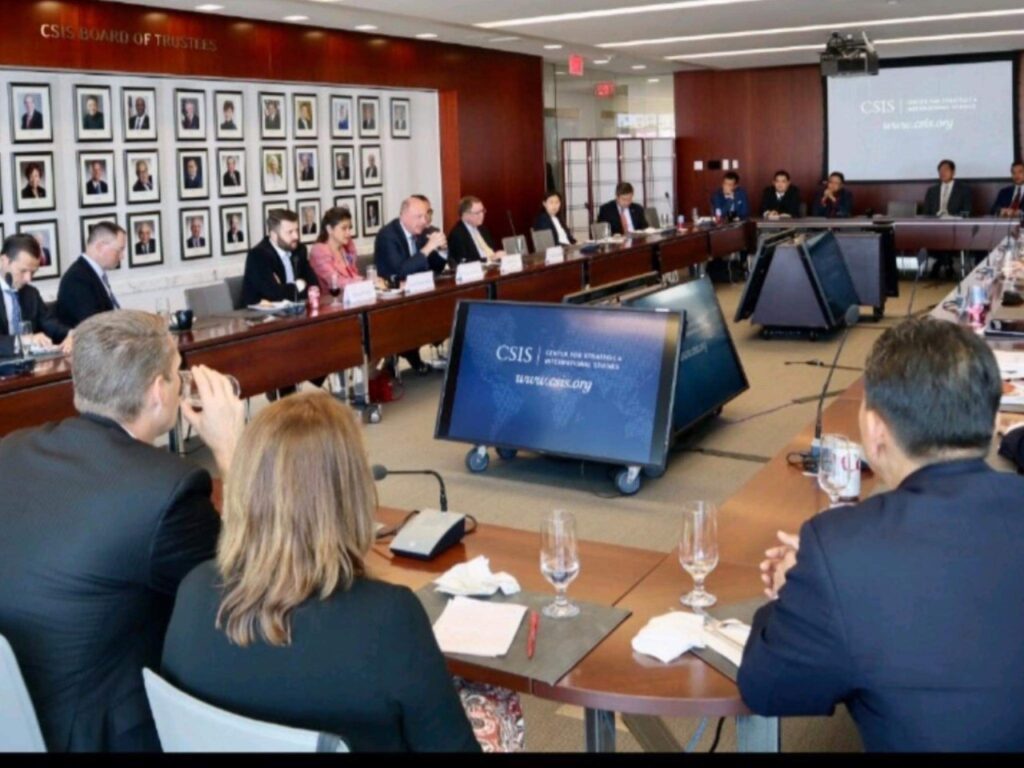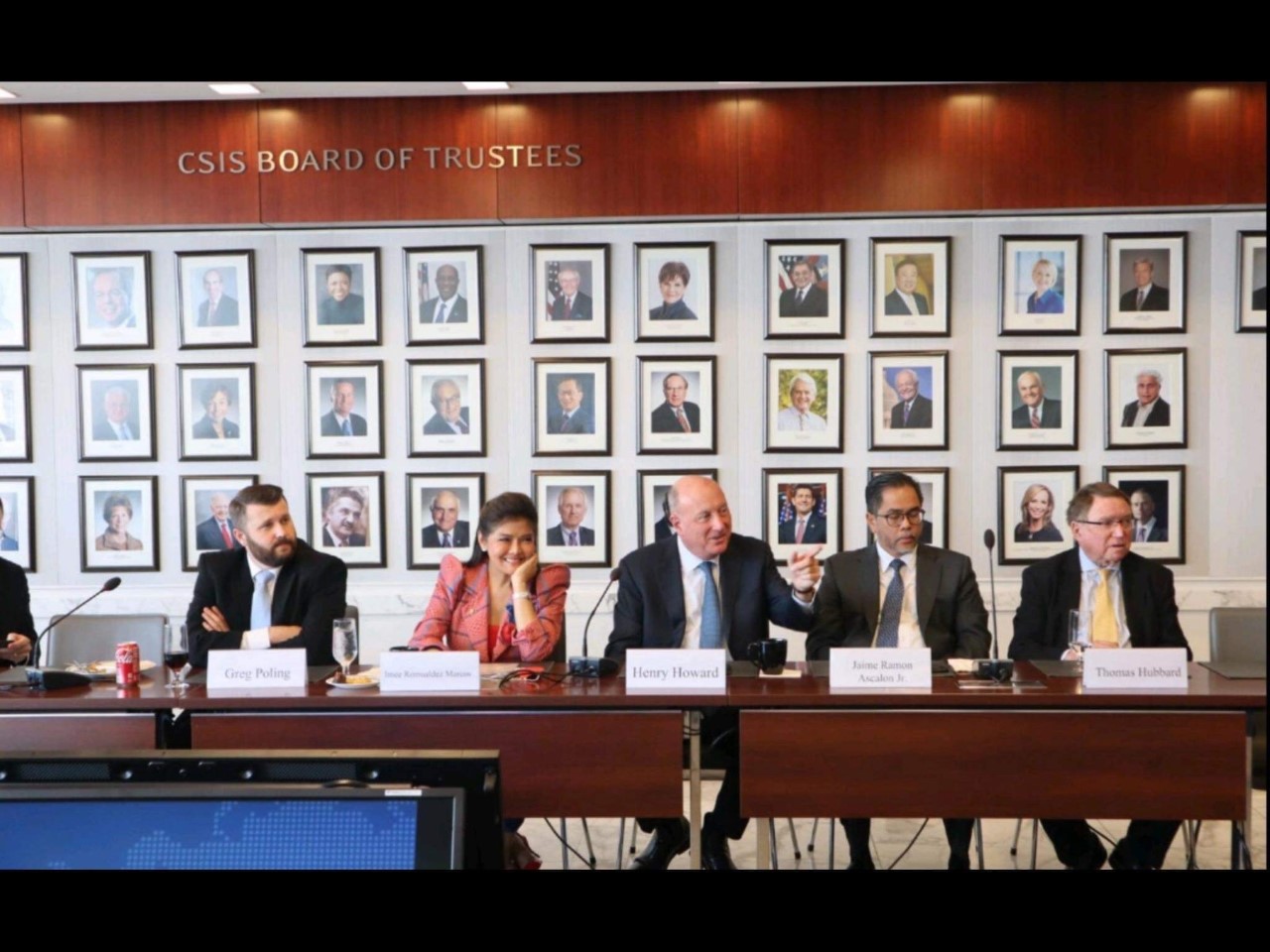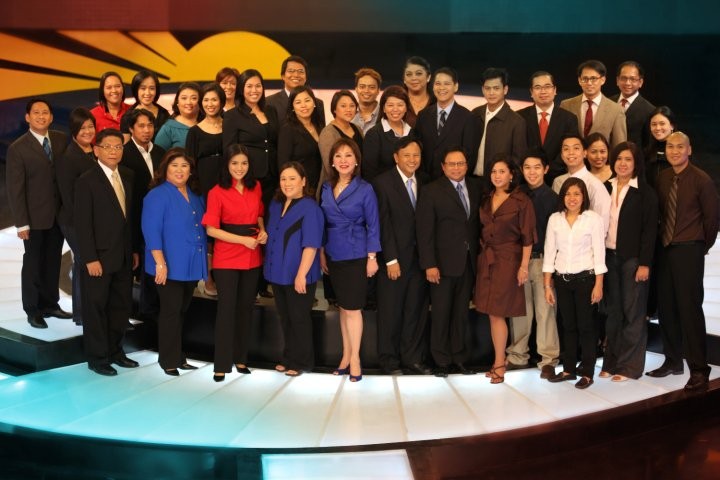By Macon Ramos-Araneta
Re-examination rather than revising the Philippines-US Mutual Defense Treaty and Visiting Forces Agreement topped the Seven-Point Plan that Sen. Imee Marcos unveiled during
a roundtable forum in Washington D.C. last week.
Marcos clarified the direction the Philippine foreign relations should take with two of the world’s dominant superpowers.
“Do not make us choose between the US and China,” Marcos told a large American assembly at the Center for Strategic and International Studies (CSIS) where leading think tanks, embassies, companies and universities took part in the forum.
Other participants included the federal US Institute for Peace, the US-ASEAN Business Council, the Center for a New American Security and the Asia Foundation.
Marcos, who chairs the Philippine Senate Committee on Foreign Relations, emphasized that the Philippines and its Southeast Asian neighbors are calling for a “rational approach” in relations between Washington and Beijing to prevent a return to the “melodrama” of the Cold War.
The top item also delves on how the language of both accords is to be implemented, as well as to assess the Enhanced Defense Cooperation Agreement’s delivery of development aid as promised.
The Plan also pursues increased military assistance and support for local defense contractors.
With the recent formation of multilateral defense arrangements as the AUKUS and the QUAD, the Plan also calls for a deeper study of their consequences for the Philippines and existing regional groupings.
Apart from military affairs, Marcos’ foreign policy blueprint seeks new trade opportunities in deep-sea fishing and in the production and export of Philippine metals and semiconductor chips through a “Green Metals Initiative” and cooperation under the US’s CHIPS and Science Act of 2022.

Marcos also took the opportunity to thank the USAID and the US-Philippines Society for their constant assistance in disaster relief and recovery.
She sought improvements in social protection and public safety nets.
The senator also encouraged professional exchanges, particularly of health care workers, teachers and academics, for better training, a transfer of know-how, and potential job creation.
Marcos affirmed the strong alliance between the Philippines and the US.
However, she noted that it should not inhibit engagement with China, which the Plan hopes to expand through confidence-building measures, joint development, and finalizing a code of conduct in the South China Sea.
Marcos’ remarks echo recent statements by her brother, President Ferdinand Marcos Jr., during his speech and bilateral talks with US President Joe Biden at the 77th United Nations General Assembly in New York.
The Washington D.C. event was sponsored by the US-Philippines Society and the Stimson Center’s Southeast Asia Forum.
###




























